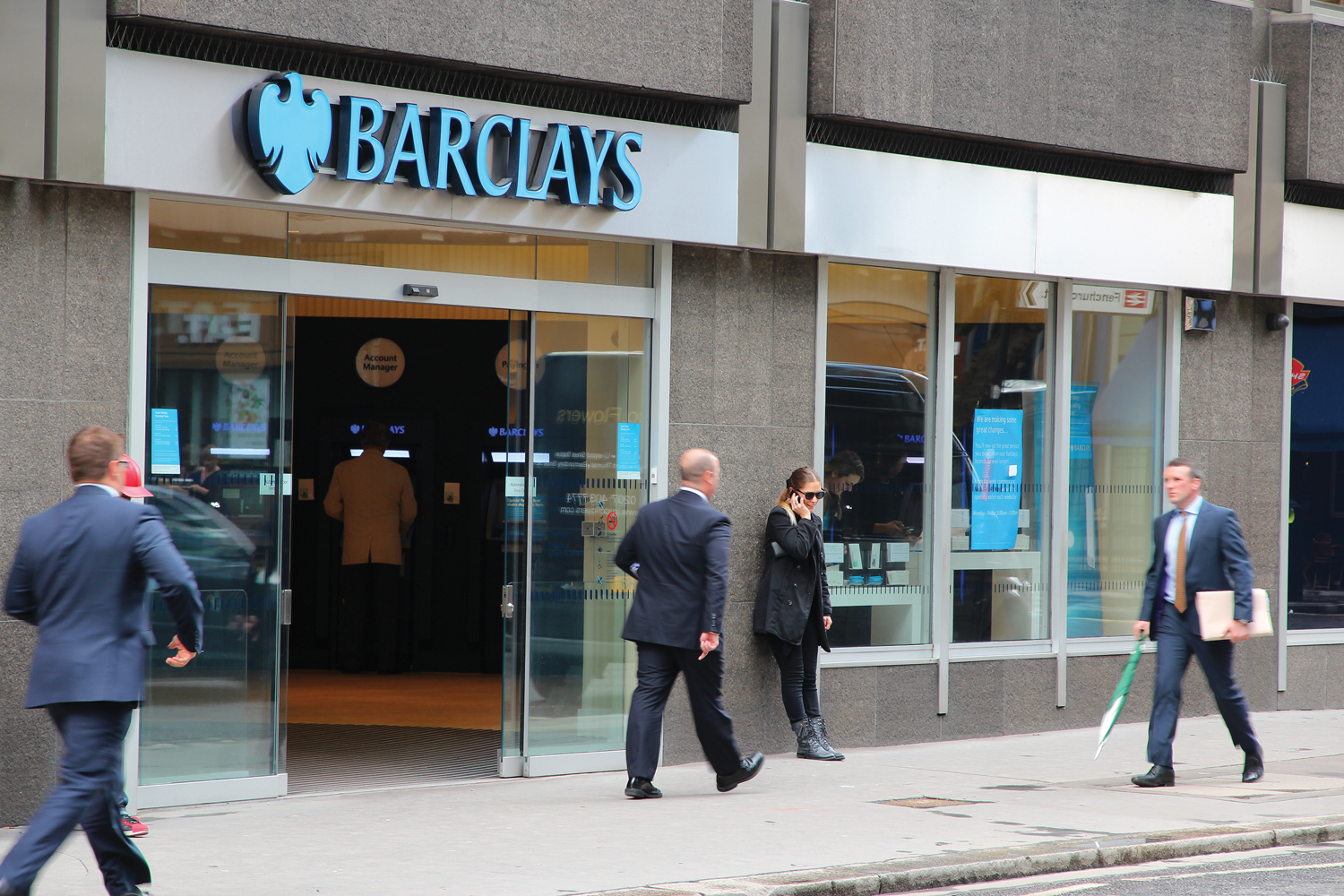Credit Cards & Loans
Tuesday newspaper round-up: Barclays, Shale, European banks

Barclays to refund 300,000 loan customers; study points to vast shale oilfields; European banks keep cash local.
A £100m blunder by one of Britain’s biggest banks will result in more than 300,000 loan customers each receiving a refund of hundreds of pounds next month. Barclays admitted yesterday that it had incorrectly charged interest to personal loan customers after making mistakes on their paperwork, in breach of the Consumer Credit Act. The errors, which go back five years, are understood to have been made mostly on statements and arrears notices, The Times reports.
Shale oilfields in countries such as Argentina, Russia and Algeria hold larger reserves than the regions at the heart of the US energy boom, and have the potential to make a significant contribution to global crude supplies in the next decade, according to new research. Analysis by IHS published on Tuesday morning suggests fields including the Vaca Muerta of Argentina, the Bazhenov shale of Siberia and the Silurian shales of north Africa could produce more than the Bakken shale of North Dakota and the Eagle Ford of Texas, the Financial Times says.
Rebel Democrats on Monday threw their weight behind a growing campaign for Janet Yellen to take over the US Federal Reserve, as their successful revolt against White House pick Larry Summers emboldened those calling for tougher policy toward Wall Street. Senator Elizabeth Warren, one of four banking committee members who helped force Summers, a former Citigroup adviser, to withdraw from the race on Sunday, said the development should give President Barack Obama a chance to rethink his strategy, which has been criticised for being too accommodating toward banking interests, according to The Guardian.
The UN declared on Monday that it has found “clear and convincing evidence” that surface-to-surface rockets armed with the chemical nerve agent sarin were used to carry out the mass killings in eastern Damascus last month. As the US and Russia pressed ahead with negotiations over a plan to rid the Assad regime of its chemical weapons, the UN said the massacre in Ghouta on August 21st “unequivocally and objectively” involved chemical weapons to kill civilians on a “relatively large scale,” the Financial Times writes.
The acrimonious legal battle between Eurasian Natural Resources Corporation (ENRC) and its former director, Sir Paul Judge, took a further twist on Monday when the Kazakh miner published what it claimed were transcripts of conversations showing the senior City figure leaking confidential company information. It is the latest salvo in ENRC’s lawsuit against Judge, launched in July, which alleges he deliberately disclosed details of company board meetings to the media. Judge filed a counter claim this month denying the accusation and accusing the mining firm of libel, The Guardian reports.
European banks have cut lending across borders under pressure from politicians to keep cash in their respective countries and lend locally, economists André Sapir and Guntram Wolff said in a paper for Brussels-based Bruegel. “The euro area financial system is now in an unsatisfactory state. Banks do not lend to each other across borders without asking for a significant premium,” they told the think-tank. “Markets still believe that significant problems lurk in the balance sheets of euro area banks,” they added, according to The Times.